The Institute on Disability and Public Policy (IDPP) is co-sponsoring the Side Event "Data, Disability and Development: Innovative Approaches to Monitoring and Evaluating CRPD Implementation and Disability-Inclusive Development using Big Data Analytics and Text Mining.”
The side event will take place at the 11th Conference of States Parties (COSP-11) to the UN Convention on the Rights of Persons with Disabilities (CRPD) at United Nations headquarters in New York on June 13, 2018 from 1:15pm-2:30pm in Room S-2729 in the UN Secretariat Building.
Led by Executive Director Dr. Derrick Cogburn, the Side Event will present innovative ways for monitoring and evaluating major global policy frameworks, including the CRPD, the 2030 Sustainable Development Goals (SDGs), the New Urban Agenda (NUA), and the Action Lines emanating from the World Summit on the Information Society (WSIS).
Organizers:
Institute on Disability and Public Policy (IDPP) and Internet Governance Lab, American University; UN DESA/DISD/Programme on Disability/Secretariat for the Convention on the Rights of Persons with Disabilities
Co-Sponsors:
Provalis Research, Inc.; Institute for Human Rights, University of Alabama at Birmingham; Special Olympics; International Foundation for Electoral Systems (IFES); AXS Labs, Inc.; WheelMap; World Enabled; The Nippon Foundation; Government of Japan (TBC); Government of Ecuador (TBC)
Overview:
Since its adoption in 2006, the CRPD has helped to guarantee the rights and inclusion of almost one billion persons with disabilities around the world. CRPD Article 33 focuses on implementation, involving various governmental and non-governmental mechanisms.
However, to facilitate a comprehensive approach to disability-inclusive development, the CRPD is coupled with the major global policy frameworks such as the 2030 Sustainable Development Goals (SDGs), the New Urban Agenda (NUA), and the Action Lines emanating from the World Summit on the Information Society. All of these initiatives require monitoring and evaluation, especially regarding their disability-inclusive elements.
This side-event presents innovative ways for monitoring and evaluating of these important disability-inclusive development initiatives. For example, IDPP has demonstrated the efficacy of computational text mining to extract substantial insights from large scale text-based datasets. It has developed a categorization model to automate the analysis of CRPD state party reports, and another to analyze annual reports from international organizations to assess progress towards implementing the SDGs, CRPD, and WSIS action lines.
The International Foundation for Electoral Systems (IFES) has focused on CRPD Article 29 and has assessed progress on accessibility to political life in countries around the world. WheelMap and AXSmap have focused on building and using smartphone and online applications to crowdsourced data on accessibility to cities.The Accessibility Cloud, a platform that aggregates accessibility data on cities already contains data about one million places classified according to their accessibility for persons with disabilities.
During this side event, expert speakers from disabled people’s organizations (DPOs), non-governmental organizations, UN DESA, governments, and academia will highlight the latest developments in these areas and discuss innovative methodologies for monitoring CRPD implementation across a diverse range of countries, holding relevant stakeholders accountable, and ensuring that the treaty is implemented effectively.
They will present recommendations for using these innovative forms of data analysis to create more focused and evidence-based implementation mechanisms. Finally, the moderator will open the floor for questions and feedback on the studies and projects.
Program and Speakers
June 13, 2018, 1:15pm-2:30pm, Room S-2729, UN Secretariat Building
United Nations Headquarters, New York City
Ms. Saeko Kajima, Social Affairs Officer, UN DESA/DISD/Programme on Disability-SCRPD
Exploring Data Analytics for the 2018 UN Flagship Report on Disability and Development
Dr. Derrick L. Cogburn, Professor, Information Technology and Analytics, Kogod School of Business and International Communication and International Development, School of International Service; Executive Director, Institute on Disability and Public Policy (IDPP); Faculty Director, Internet Governance Lab, American University
Evaluating CRPD Implementation and Disability-Inclusive Development in SDGs, NUA, and WSIS Action Lines Through Large-Scale Text Analytics
Mr. Jason DaSilva, Founder, AXS Map and AXSLabs
Accessibility Data Collection Through Mobile Applications
Mr. Holger Dieterich, WheelMap; Creator, Accessibility.cloud
Building and Using Accessibility Cloud to Understand Access in Cities
Ms. Christy Weir (via webconference), Senior Director, Global Development, Special Olympics
Lessons Learned from Pilot Projects on Inclusive Cities: Measuring Inclusion for Persons with Intellectual Disabilities
Ms. Rebecca Aaberg, Senior Inclusion Officer, IFES
Global Good Practice Examples of Effective Implementation of CRPD Article 29
Dr. Tina Kempin Reuter, Associate Professor and Director, Institute for Human Rights, University of Alabama at Birmingham
Role of the International Human Rights Frameworks in Implementing the CRPD
Ms. Della Leonor (via webconference), Program Associate, IDPP
Community Monitoring of CRPD Implementation in ASEAN and Political Rights for Persons with Disabilities
Dr. Normand Peladeau, President, Provalis Research Corporation
Text Mining Frontiers: Topic Modeling and Machine Learning

